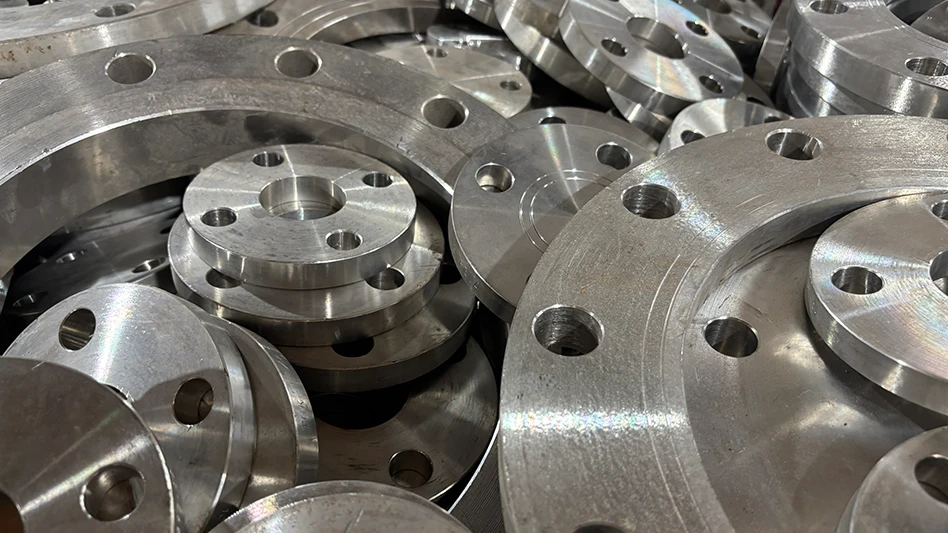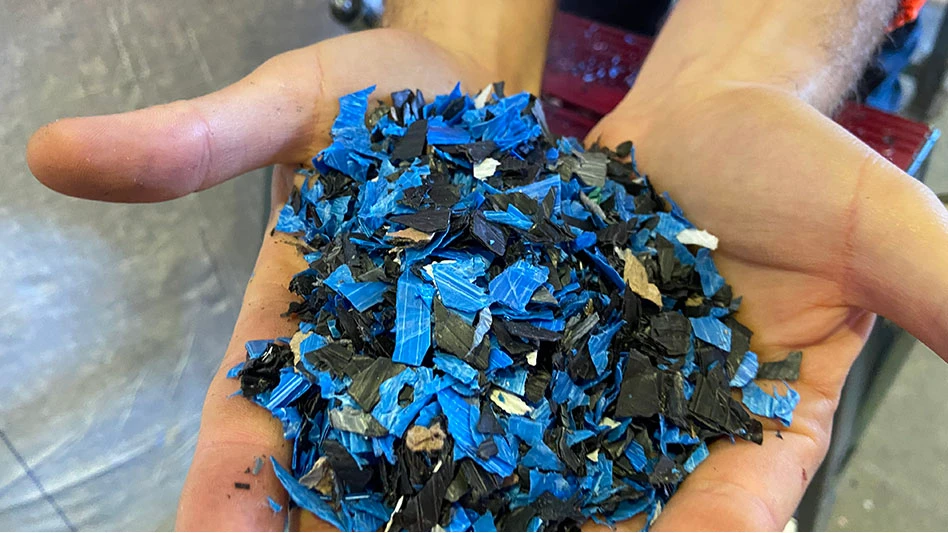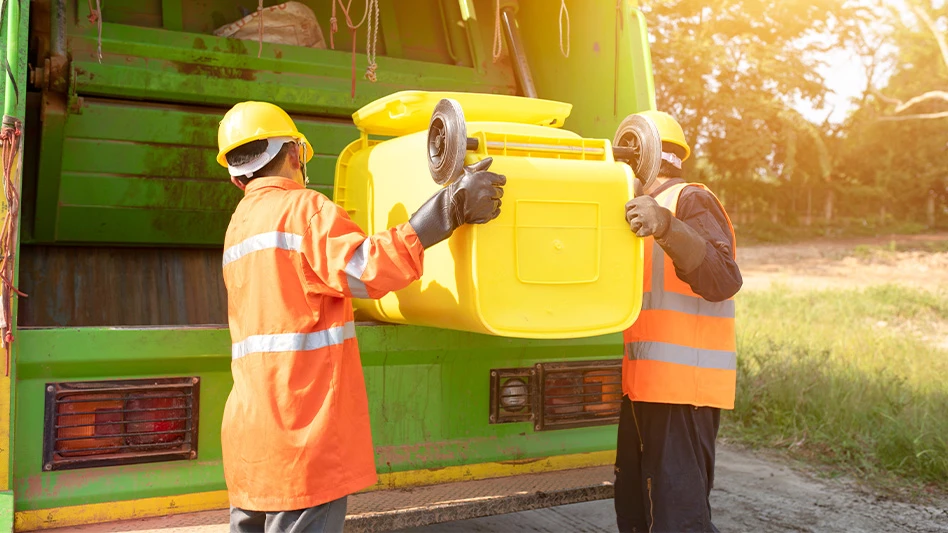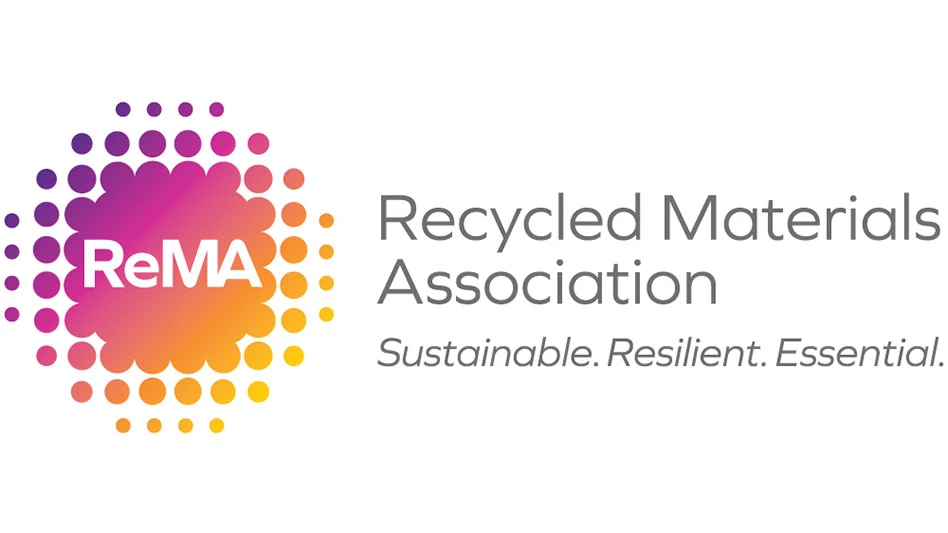Japan recently established an automobile recycling system featuring what it calls a groundbreaking scheme for collecting fees from consumers, but uncertainty remains over how the resulting mountain of money will be managed.
With the system launched last month, industry ministry officials are touting it as the "Japan model" designed to ensure transparency and competition in recycling fees and to take advantage of existing parts and materials recycling networks.
However, the scheme has prompted debate and doubts over who will take responsibility if the entity in charge collapses while managing fees estimated to far exceed 1 trillion yen.
Under a law expected to take effect at the end of 2004, consumers will be charged an estimated 20,000 yen per vehicle (US $163.50) for recycling airbags, ozone-depleting chlorofluorocarbon gases and the solid waste remaining after vehicles are stripped and processed.
"We could establish a model for recycling in the 21st century, which is the age of the environment," a top official of the Ministry of Economy, Trade and Industry (METI) said after its enactment. METI took the lead in drafting the bill.
Unlike in Europe, where used cars are sold to the east and the United States with its vast tracts of empty land, the recycling network has long been established in Japan and working until recently, with some 5,000 junk dealers involved.
But scarcity of remaining disposal sites is making these businesses more and more unprofitable.
The fees these dealers pay to scrap firms, for instance, soared to around $200 per metric ton in 2000 from $130 per metric ton three years earlier.
These surging costs are partly to blame for the increase of cars illegally dumped nationwide, presumably by suffering dealers. The total reached 130,000 units last year, buoying the costs borne by municipalities that have to deal with them.
Making up for disposal costs with a public scheme is very meaningful. It will help reduce illegal dumping and junkyard pileups of cars," Kiyoyuki Sakai, head of a group of some 1,700 junk dealers, said of the new scheme.
By charging carmakers and importers responsible for recycling the three materials that are the most costly, the system is designed to revive the conventional network, a METI official said.
The Japanese scheme also aims to pass recycling costs explicitly onto consumers, which differs from countries such as Germany and the Netherlands, where producers are prohibited from doing so and hence build these costs into product prices.
When consumers in Japan buy new cars or take their cars for safety checks, auto dealers or inspection service providers will show them a list of recycling fees that have been set by producers by model and specification, including airbags.
The kind of process is expected to pit carmakers against each other in lowering fees by developing easy-to-recycle components and assembly techniques, the officials said.
The government expects the competition will also enable it to attain by 2015 a 95 percent recycling rate that comes into line with Germany and the Netherlands, up from the current 80 percent.
However, critics doubt if the transparent fee system alone would prompt competition, given the case of a preceding recycling law on large home appliances under which electric appliance makers ended up setting the same charges.
Some also doubt the cost-saving effect of using the traditional recycling network, which would allow the junk dealers involved to survive.
"We would have set up a more efficient system if we were to redesign the entire scheme," disregarding the dealers, said a senior official of the Japan Automobile Manufacturers Association.
Moreover, uncertainty persists over METI's plan to charge the semipublic Japan Automobile Recycling Promotion Center with managing a pool of collected fees. The center was set up in November 2000 by JAMA and other auto industry groups.
"The government and manufacturers are failing to map out measures that will take care of the risk involved in managing funds," said opposition Democratic Party of Japan lawmaker Mamoru Kobayashi during Diet deliberations of the bill.
"Manufacturers should be made responsible for the risk of the management body collapsing or producing a loss," he said.
Since it usually takes about 10 years for a new car to be junked, the body will be required to manage funds over the long term until it is reimbursed upon recycling. Japan TodayLatest from Recycling Today
- Vermeer announces plan to build new facility in Des Moines metro area
- PureCycle, Toppan partner on packaging containing PCR
- LKQ to focus on simplification, productivity in uncertain demand environment
- Supreme Court strikes down IEEPA tariffs
- Redwood expands San Francisco R&D footprint
- Constellium posts record Q4 adjusted EBITDA
- QCC torches include customizable features
- Umicore finishes 2025 with increased earnings





